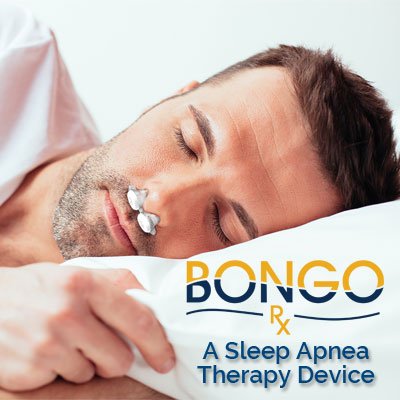Oxnard Sleep Specialist Treats Insomnia With Cognitive Behavioral Therapy
Did you know that around a third of adults report one or more insomnia symptoms? Southern California Pulmonary and Sleep Disorders Medical Center (805-557-9930) helps insomnia sufferers in Oxnard take back control with CBT!

How often do you lie awake at night struggling to get to sleep? If you answered three nights a week or more, you could be suffering from insomnia! Contact Southern California Pulmonary and Sleep Disorders Medical Center to arrange a consultation!
Learn about the sleep disorder affecting 70 million Americans at https://sleepmd4u.com
You can book an appointment with the Southern California Pulmonary and Sleep Disorders Medical Center if you believe you are experiencing disrupted or restless sleep. Once your primary care physician has ruled out other medical issues as the cause, you can be referred to Dr. Popper who will evaluate your condition and devise a treatment plan.
Depending on your unique circumstances and symptoms, the center will offer you stimulus control, sleep restriction, relaxation training and feedback, or other forms of cognitive behavioral therapy (CBT).
What is insomnia?
Patients who experience insomnia may find it difficult to get to sleep, be restless throughout the night, and find themselves waking up early. Moreover, the sleep they do manage to get may not leave them feeling rested or refreshed. As a result, they often report symptoms of fatigue, irritability, and impaired cognition throughout the day, the expert explains.
How can it be treated?
At your screening appointment, Dr. Popper will thoroughly assess your condition to identify any disorder and determine the most suitable course of treatment. The 'CBT-I' (Cognitive behavioral therapy for insomnia) treatment plan developed by the specialist may incorporate therapeutic techniques to improve your sleep hygiene and address the underlying causes of the disorder, rather than just treating the symptoms.
What are the different types of CBT-I?
For example, he may recommend stimulus control, a form of CBT that revolves around inhibiting negative thought patterns around your disorder, such as an association between their bedroom and not being able to fall asleep.
“The ultimate goal is to eradicate your self-imposed anxiety over your inability to fall asleep and to allow you to fall asleep without intrusive negative thoughts”, a spokesperson for Southern California Pulmonary and Sleep Disorders Medical Center explained.
The center may also recommend sleep restriction methods that are intended to reduce the amount of time you lay awake at night, struggling to sleep. Similarly to the stimulus and cognitive control therapies, the sleep restriction therapy re-trains your brain to associate your bed and bedroom with sleeping, rather than with anxiety around not being able to sleep.
Dr. Popper may use these treatment methods to address your insomnia in conjunction with prescription sleeping medications and sleeping aids, as well as anti-anxiety and anti-depressant medicines.
Sleep disruption can have a knock-on effect on your physical health and emotional well-being - make an appointment to get treatment for combating insomnia at https://sleepmd4u.com

